Roberta Flack, the fearless singer and pianist who made Grammy history with the sublime No. 1 hits “The First Time Ever I Saw Your Face” and “Killing Me Softly With His Song,” died Monday. She was 88.
“We are heartbroken that the glorious Roberta Flack passed away this morning,” according to a statement from her rep. “She died peacefully surrounded by her family. Roberta broke boundaries and records. She was also a proud educator.”
In November 2022, it was revealed that she had been diagnosed with ALS, also known as Lou Gehrig’s disease, and could no longer sing. In 2016, she suffered a stroke, and she retired from performing two years later.
The North Carolina native and accomplished classical pianist became the first artist to win the Grammy for Record of the Year in consecutive years with the haunting “First Time Ever I Saw Your Face” in 1973 and “Killing Me Softly With His Song” in ’74. (Billie Eilish duplicated the feat in 2020-21.)
After working as a teacher and moonlighting as a nightclub singer in Washington, D.C., Flack was signed by Atlantic Records and in 1969 released her debut album, First Take, followed a year later by Chapter Two. The albums did not create much of a stir.
However, when Clint Eastwood employed “The First Time Ever I Saw Your Face” for his touching nature walk and love scene with Donna Mills in the otherwise chaotic Play Misty for Me (1971), it was released as a single in February 1972 and rocketed to No. 1, spending six weeks atop the Billboard Hot 100. (Eastwood paid $1,000 for the rights to the song, producer Joel Dorn says in the 2022 documentary Roberta.)
She received a second Grammy in 1973 for “Where Is the Love,” her duet with her college friend and frequent collaborator, the late Donny Hathaway. That song made it as high as No. 5.
“Killing Me Softly,” which also earned Flack a Grammy for best pop vocal performance, was No. 1 for five weeks in 1973. She topped the charts again in ’74 with “Feel Like Makin’ Love,” which netted her three of her 14 career Grammy nominations.
She received a long-overdue Grammy Lifetime Achievement Award in 2020.
“I always say that ‘love is a song’ — meaning that music reaches beyond age, race, nationality and religion to touch our hearts,” she wrote in a 2020 email to NPR’s Ann Powers, who described the artist as “an interpreter as bold and discerning as her role models Nina Simone and Frank Sinatra.”

Roberta Cleopatra Flack was born on Feb. 10, 1937, in Black Mountain, North Carolina, and raised in Arlington, Virginia. Her father, Laron, worked as a draftsman for the Veterans Administration, and her mother, Irene, was a church organist.
Flack took classical piano lessons — at 13, she played the complete score of Handel’s “Messiah” for her church choir — attended Stevens Elementary School in Washington and Hoffman-Boston High School in Arlington and won a full musical scholarship to Howard University when she was 15.
As a child, she created an alter ego, Rubina Flake, a renowned concert artist who dazzled crowds at Carnegie Hall and, Powers said, “helped Roberta endure the indignities faced by gifted Black children in the South.”
At 19, she left graduate school at Howard when her father died and went to work as an English teacher in Farmville, North Carolina, and Washington. She gave music lessons on the side and performed at nightclubs including the Capitol Hill hotspot Mr. Henry’s, where she was discovered by jazz great Les McCann in 1968 and signed by Atlantic.
“Her voice touched, tapped, trapped and kicked every emotion I’ve ever known,” McCann wrote in the liner notes for First Take. “I laughed, cried and screamed for more … she alone had the voice.”
She was 32 when she arrived in New York knowing 600 songs to spend just 10 hours recording her inaugural album, which contained “The First Time Ever I Saw Your Face” — written in 1957 by British singer-songwriter Ewan MacColl and first recorded by his wife, Peggy Seeger — and a cover of Leonard Cohen’s “Hey, That’s No Way to Say Goodbye.”
In a 2012 interview with The Daytona Beach News-Journal, Flack described talking with Eastwood, who had heard “The First Time Ever I Saw Your Face” on the radio while driving to work one day:
“I’m in my house in Virginia. My mom was living with me at the time. The phone rings and she says, ‘Roberta, it’s Clint Eastwood.’ I thought somebody was playing a joke,” she recalled.
“He really surprised me. I didn’t faint but I came pretty close because I mean, this was a big thing. The conversation went like this (imitates Eastwood’s voice): ‘I’d like to use your song in this movie I’m doing. It’s called Play Misty for Me. It’s about a disc jockey, and it has a lot of music in it. I’d use it in the only part of the movie where there’s absolute love.’
“I said OK. We discussed the money. Of course I was shocked. I gulped and said OK. He said, ‘Anything else?’ And I said, ‘I want to do it over again. It’s too slow.’ He said, ‘No, it’s not.'”
(Flack later recorded “This Side of Forever,” which played over the closing credits of Eastwood’s 1983 Dirty Harry film, Sudden Impact.)
After releasing the albums Quiet Fire in 1971 and Robert Flack and Donny Hathaway in 1972, she recorded Killing Me Softly in 1973. (The title track was co-written and originally recorded by Lori Lieberman, who penned it after attending a Don McLean concert. Flack heard it for the first time when it was offered as part of the in-flight entertainment options on a cross-country flight.)
She followed with 1975’s Feel Like Makin’ Love — its title tune was another Record of the Year nominee and made her the first female vocalist since 1940 to top the chart in three consecutive years — and 1977’s Blue Lights in the Basement, which included the No. 2 hit “The Closer I Get to You,” another wonderful duet with Hathaway.
After Hathaway died by suicide in 1979 — he and Flack had been in the studio earlier that day — she toured with Peabo Bryson, and they had a Top 20 song in 1983 with “Tonight, I Celebrate My Love.” Another duet, “Set the Night to Music,” with Maxi Priest, reached No. 6 in 1991. She also championed and recorded often with Luther Vandross.
Her last album was 2012’s Let It Be Roberta: Roberta Flack Sings the Beatles. Many of her LPs she produced as Rubina Flake.
For television and film, Flack also performed “Together Through the Years,” the theme for the 1986-91 NBC series Valerie/The Hogan Family; sang in the choir for The Wiz (1978); and contributed songs to the Richard Pryor movie Bustin’ Loose (1981).
She was married to bassist Steve Novosel from 1965 until their 1972 divorce. In the ’80s, she lived in The Dakota in New York where her next-door neighbors were John Lennon and Yoko Ono; their son, Sean Lennon, called her “Aunt Roberta.”
Roberta, the feature-length documentary, debuted in November 2022 at the DOCNYC film festival, and a children’s book she co-wrote, The Green Piano: How Little Me Found Music, was released in January 2023.
“I have long dreamed of telling my story to children about that first green piano that my father got for me from the junkyard in the hope that they would be inspired to reach for their dreams,” Flack said. “I want them to know that dreams can come true with persistence, encouragement from family and friends and, most of all, belief in yourself.”
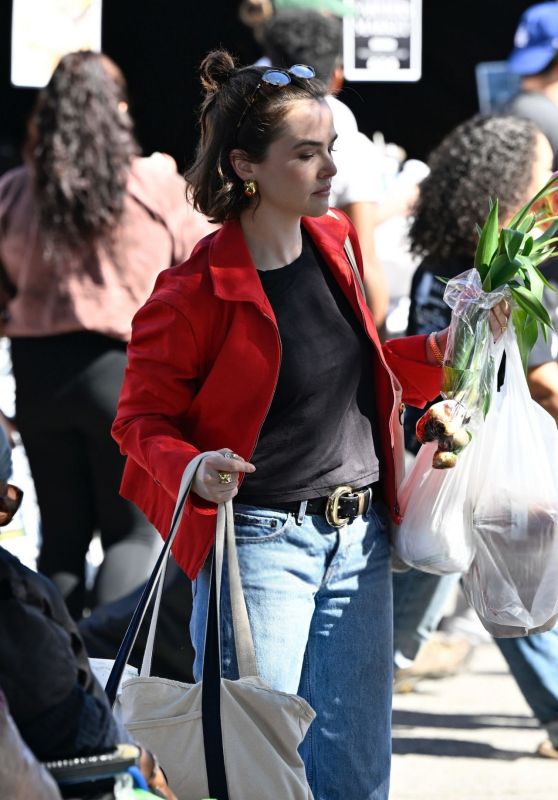


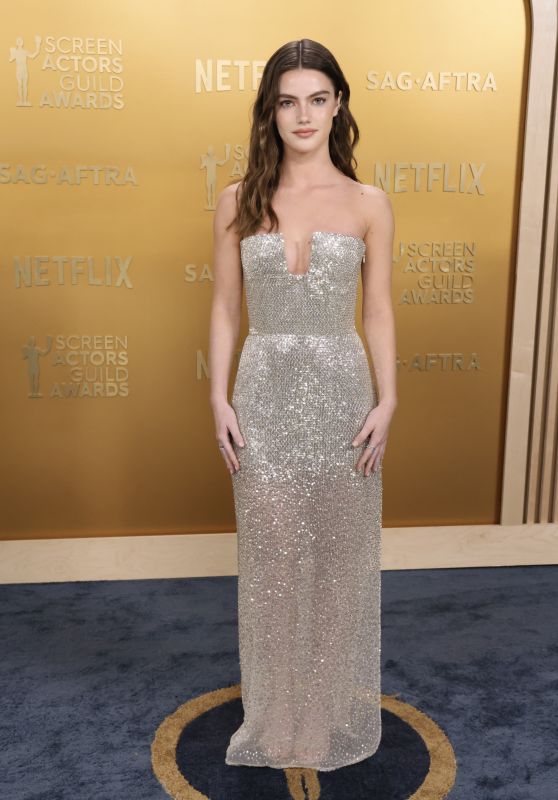




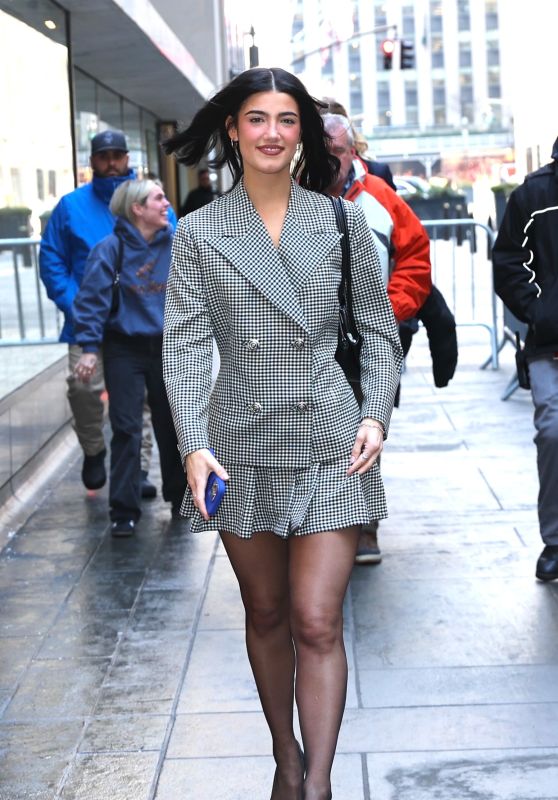



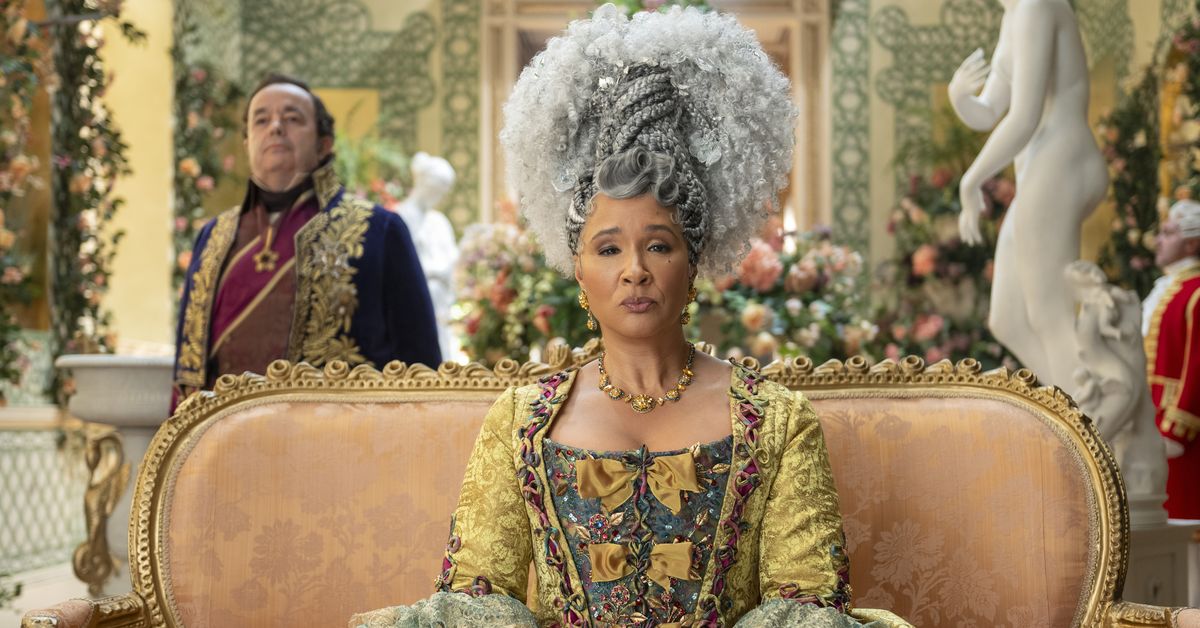




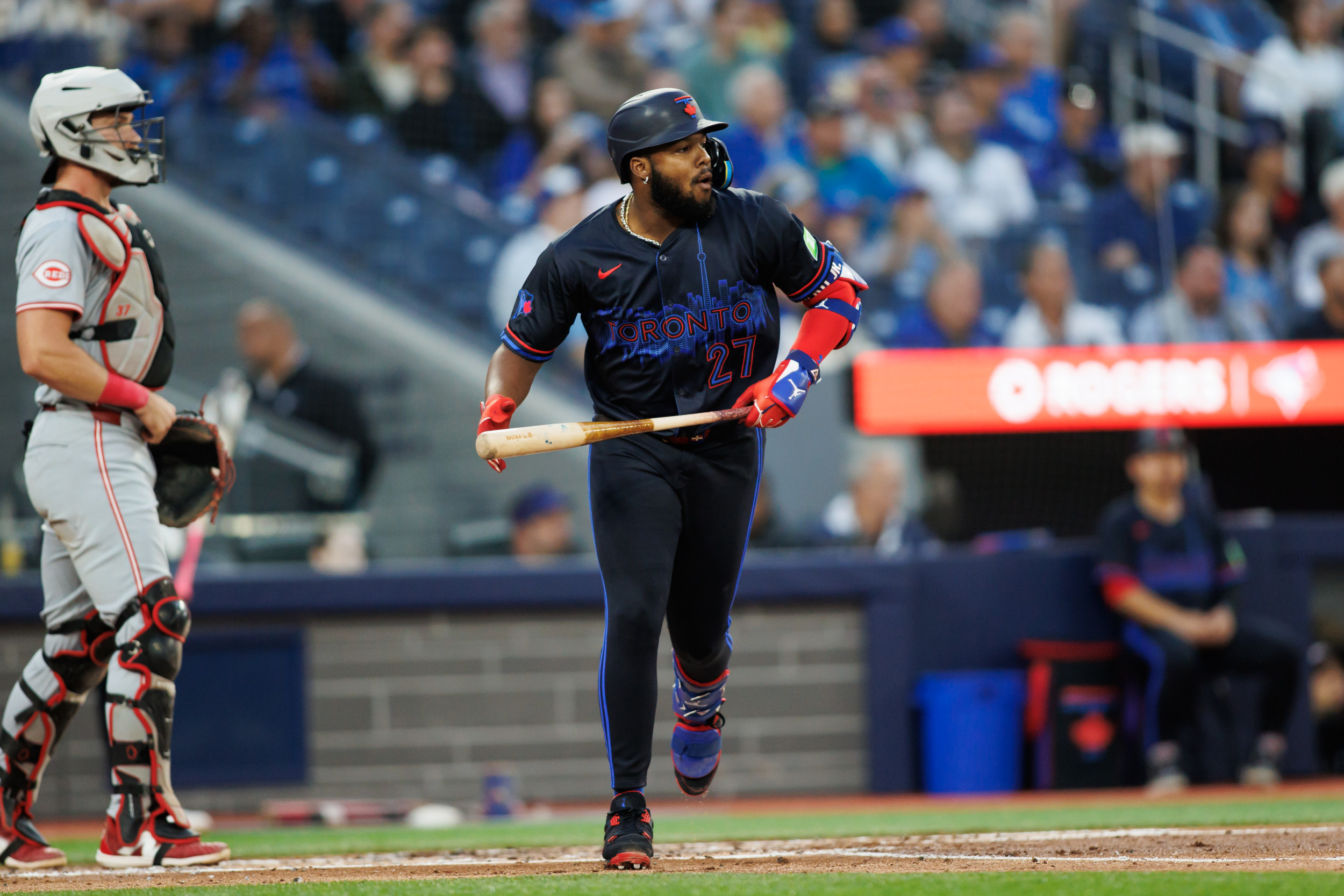


 English (US) ·
English (US) ·